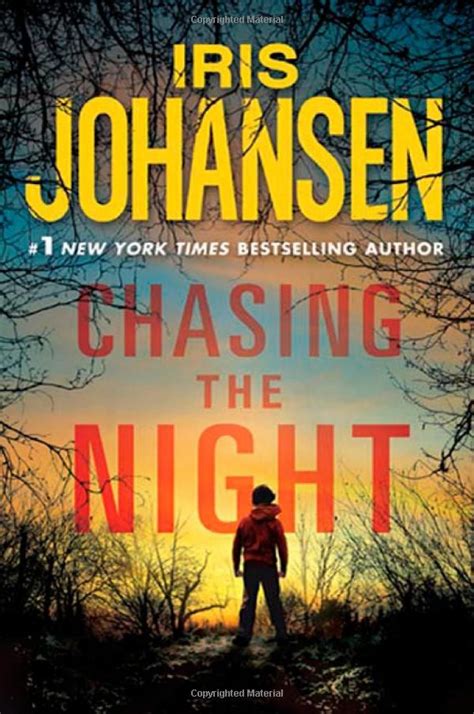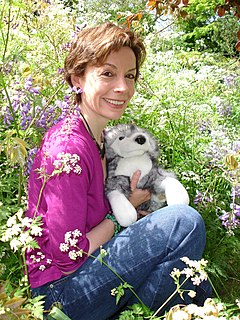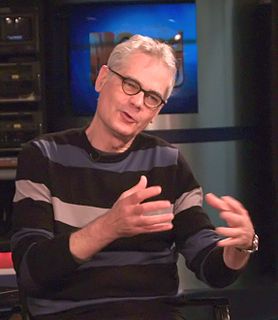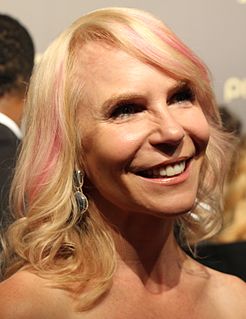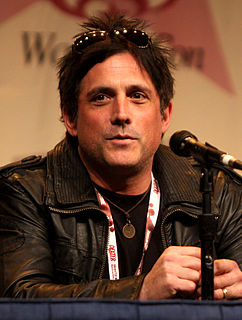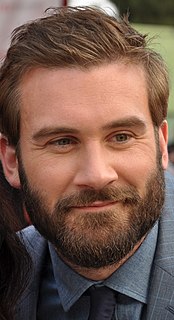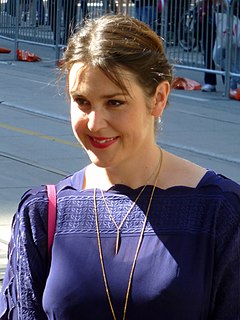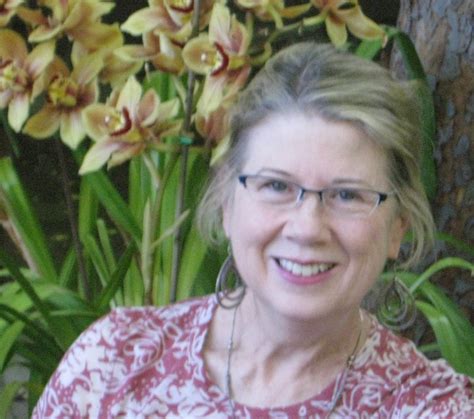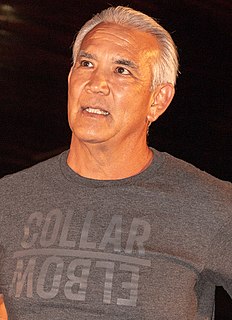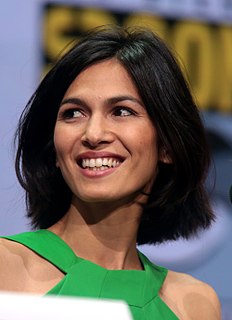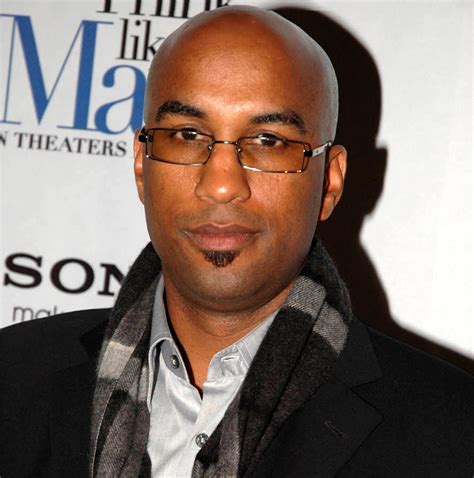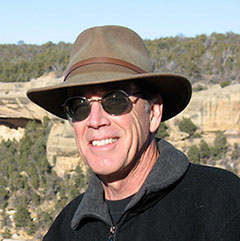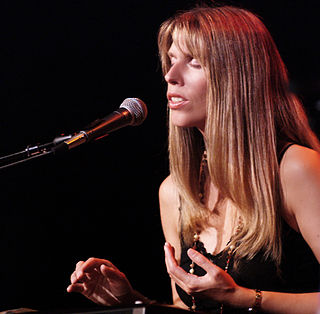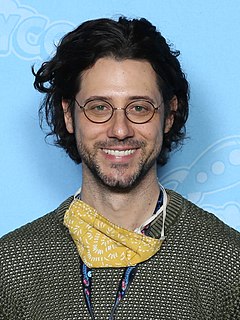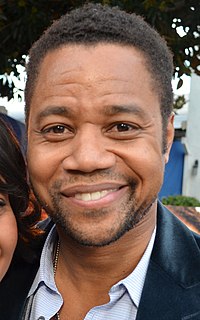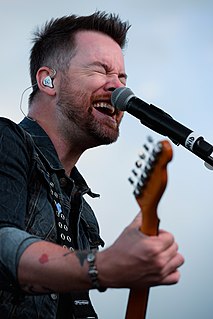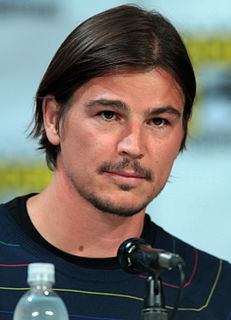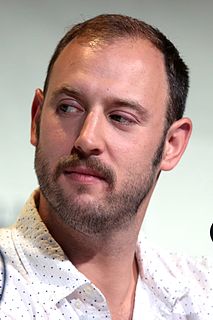Top 1200 Story Quotes & Sayings - Page 19
Explore popular Story quotes.
Last updated on November 9, 2024.
History is the art of making an argument about the past by telling a story accountable to evidence. In the writing of history, a story without an argument fades into antiquarianism; an argument without a story risks pedantry. Writing history requires empathy, inquiry, and debate. It requires forswearing condescension, cant, and nostalgia. The past isn’t quaint. Much of it, in fact, is bleak.
I try to express with the camera what the story is, to get to the heart of the story with picture. In battle I look at things first in terms of people, second in terms of strategies or casualties... To tell a story, you don't photograph one hundred dead civilians to prove there were one hundred dead civilians. You photograph one dead civilian with an expression on his face that says, This is what it's like if you're a dead civilian in Vietnam.
The stories that have had the deepest impact on me and one of the reasons I was excited to finally get to write my story, it's when I can read the story of others who are following Christ, who are committed, but just are still on the journey. They haven't arrived, and can be honest about that process.
There are, occasionally, writers who are able to combine both story and style. They are, of course, the best. You get a spectacular view and you also get to look at it from the backseat of a chauffeur-driven Cadillac. In the field of fantasy, those writers able to combine story-as-narration with story-as-style are even rarer. But there are a few...the late Theodore Sturgeon, the early Ray Bradbury...and Richard Christian Matheson. A brilliant chip off the old block.
I feel like any actor should always be thinking about how to serve the story. The thing to be cautious of is trying to make too much of your "moment," or whatever. The story is a lot bigger than you, and you're there to help it along. The thing to think about is whether what you're doing is true to the moment and where the story's going, rather than going, "Here are my scenes. What can I try and do to make the most of them?"
And of the Witch? In the life of a Witch, there is no "after", in the "ever after" of a Witch there is no "happily"; in the story of a Witch, there is no afterword. Of that part that is beyond the life story, beyond the story of the life, there is-alas, or perhaps thank mercy-no telling. She was dead, dead, and gone, and all that was left of her was the carapace of her reputation for malice.
The love story between the hero and the heroine has to be at the center of the book. I think that's pretty true in my books. I usually write a secondary love story, with maybe nontraditional characters. Sometimes I write older characters. I'm interested in female friendships, and family relationships. So I don't write the traditional romance, where you just have the hero and the heroine's love story. I like intertwining relationships.
I always believe that every song tells a story, so the last thing I want to do is edit out like the meat of the story. I would pick songs based off a), whether I felt like I could do anything with them, and b) whether I felt like I could keep the story intact. And then you sit in with one of the piano players and one of the vocal coaches and kind of work out your arrangements that way.
The story, I like to say and remember, is always smarter than you—there will be patterns of theme, image, and idea that are much savvier and more complex than what you could come up with on your own. Find them with your marking pens as they emerge in your drafts. Become a student of your work in progress. Look for what your material is telling you about your material. Every aspect of a story has its own story.
[Eugene Smith] was always writing these diatribes about truth, and how he wanted to tell the truth, the truth, the truth. It was a real rebel position. It was kind of like a teenager's position: why can't things be like they should be? Why can't I do what I want? I latched on to that philosophy. One day I snapped, hey, you know, I know a story that no one's ever told, never seen, and I've lived it. It's my own story and my friends' story.
